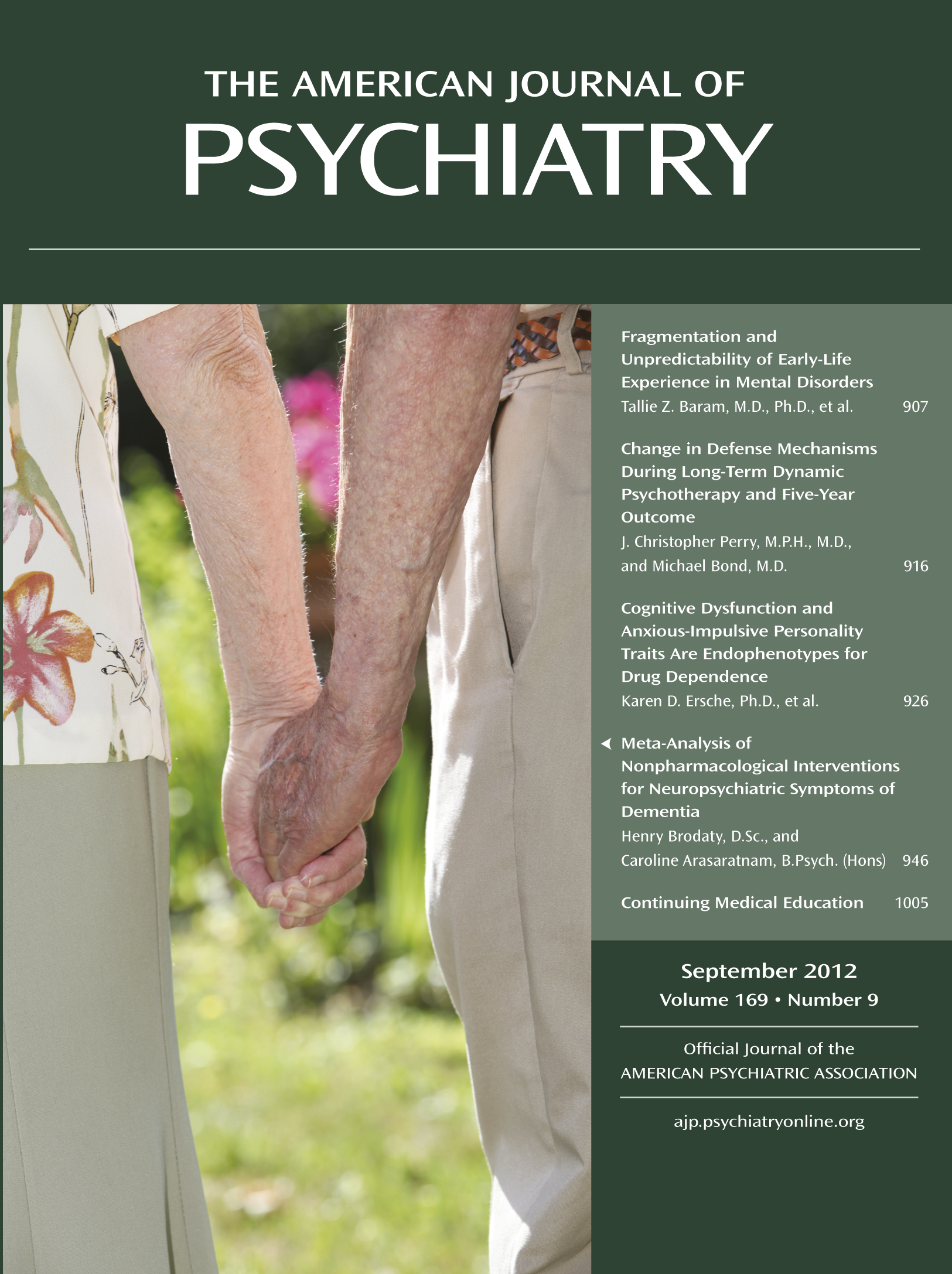T
o the Editor: The reputation of physicians is now at risk on the Internet. Dr. Gabbard’s clinical case conference in the May issue (
1) provides a striking example. A resident providing good clinical care seems helpless to protect his professional reputation in the face of critical web postings by the patient’s mother, becoming a victim of “the Internet era.” Dr. Gabbard suggests that guidelines on “how to respond to [such] attacks should be developed.” We would like to offer some ideas about how to begin that process.
Although there are services (e.g., emerit.biz [
2]) that offer to help doctors establish and protect their reputation by being proactive, these entities apparently have no effective remedy against negative postings. Indeed, one web site has a “wall of shame” that lists physicians who have tried to prevent postings of negative comments (
3). Sites are protected by federal law against suits for defamation, and anecdotal evidence indicates that physicians who initiate legal action against the posting individual are likely to make matters worse.
It seems to us that this is a problem that requires some institutional remedy; self-help is apparently unavailing. What can the aggrieved psychiatrist ethically do given the constraints of confidentiality? Confidentiality is waived when ethics complaints or malpractice suits are initiated by patients; psychiatrists have the right to defend themselves. Perhaps an attack on the Internet might be considered to constitute a “limited waiver.” As in this case, it was ethically appropriate, even without consent or a waiver, to have a clinical case conference and to publish what we take to be a disguised (unidentifiable) account. We suggest the creation of an Internet ombudsman—a mental health professional not involved in the care of the patient or the family. An aggrieved psychiatrist acting under the partial waiver and the accepted practice of consulting a colleague would identify the derogatory posting. The ombudsman would review the patient’s care and the posting and when appropriate would go to the web site and post a limited response (e.g., “I have reviewed this posting in my capacity as ombudsman [for the clinic, for the hospital, for the medical school, for the District Branch of APA] and am of the opinion that this posting misrepresents the quality of the clinical care provided by the doctor.” In the Internet age, it may well become necessary for every organized mental health setting to have a page on their website to which the ombudsman could refer those accessing the derogatory posting for further information about the psychiatrist and the provision of treatment.
In this case report, the postings included “antipsychiatry” material. In responding to these allegations, an institutional site might do a service not only for aggrieved psychiatrists but for the entire profession. These are tentative suggestions, but one thing is clear: one cannot deal with the challenges of the Internet without becoming part of it.

